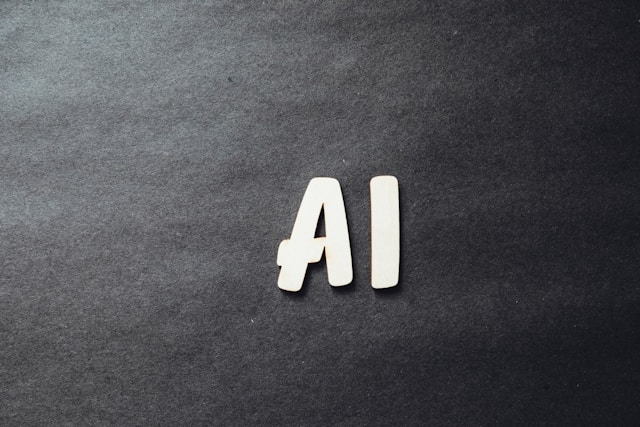The Future Of Artificial Intelligence
The Future of Artificial Intelligence: A Glimpse into Tomorrow

Artificial Intelligence (AI) has evolved from a concept in science fiction to a transformative force shaping our world today. As AI technologies continue to advance, their potential impact on society, the economy, and daily life becomes increasingly profound. This article explores the current state of AI, its applications, and what the future may hold for this groundbreaking technology.
The Current State of AI
AI encompasses a broad range of technologies, from machine learning and natural language processing to robotics and computer vision. These technologies enable machines to perform tasks that typically require human intelligence, such as understanding natural language, recognizing patterns, and making decisions of The Future of Artificial Intelligence.
Machine Learning and Deep Learning: Machine learning, a subset of AI, involves training algorithms to recognize patterns in data and make predictions. Deep learning, a more advanced form, uses neural networks with many layers to analyze complex data. These techniques power applications like image and speech recognition, natural language processing, and autonomous vehicles.
Natural Language Processing (NLP): NLP allows machines to understand and respond to human language. Virtual assistants like Siri and Alexa, as well as language translation services, rely on NLP to function.
Robotics and Automation: AI-driven robots and automation systems are transforming industries such as manufacturing, healthcare, and logistics. Robots can perform repetitive tasks with precision, while automation systems streamline workflows, increasing efficiency and reducing costs.
Current Applications of AI
AI is already integrated into various aspects of our lives and industries:
Healthcare: AI is revolutionizing healthcare through applications like diagnostic tools that analyze medical images, personalized medicine that tailors treatments to individual patients, and robotic surgeries that enhance precision.
Finance: AI algorithms are used in fraud detection, algorithmic trading, and risk management. Chatbots and virtual assistants provide customer service, while predictive analytics help in decision-making.
Retail: Personalized recommendations, inventory management, and customer service chatbots are just a few ways AI is enhancing the retail experience. AI-driven analytics provide insights into consumer behavior, enabling more effective marketing strategies.
Transportation: Autonomous vehicles, powered by AI, promise to reduce accidents and improve traffic flow. AI is also used in optimizing logistics and supply chain management, ensuring timely deliveries and reducing costs.
The Future of AI
The future of AI holds immense potential, with advancements expected to further integrate AI into our daily lives and drive innovation across various fields. Here are some key areas where AI is likely to have a significant impact:
Enhanced Personalization: AI will enable even more personalized experiences, from tailored healthcare treatments to customized learning plans in education. This will enhance individual outcomes and improve overall quality of life.
Smarter Cities: AI will play a crucial role in developing smart cities, where data from various sources is integrated to optimize urban living. This includes efficient energy use, improved public transportation, and enhanced public safety.
Ethics and Governance: As AI becomes more pervasive, addressing ethical concerns and establishing robust governance frameworks will be crucial. Ensuring transparency, accountability, and fairness in AI systems will be essential to build public trust and prevent biases.
Job Transformation: While AI will automate many tasks, it will also create new job opportunities. Reskilling and upskilling the workforce will be vital to prepare for these changes, ensuring that people can thrive in an AI-driven economy.
AI and Creativity: AI is increasingly being used in creative fields such as art, music, and writing. While AI-generated content is still in its infancy, the collaboration between humans and machines promises to push the boundaries of creativity and innovation.
Conclusion
Artificial Intelligence is set to reshape our world in ways we are only beginning to understand. Its potential to enhance various aspects of our lives, from healthcare to urban living, is immense. However, as we move forward, it is crucial to address AI’s ethical and societal implications to ensure it benefits all of humanity. The future of AI is not just about technological advancements but also about how we navigate the challenges and opportunities it presents. By responsibly embracing this transformative technology, we can unlock a future where AI is a powerful tool for progress and innovation.
